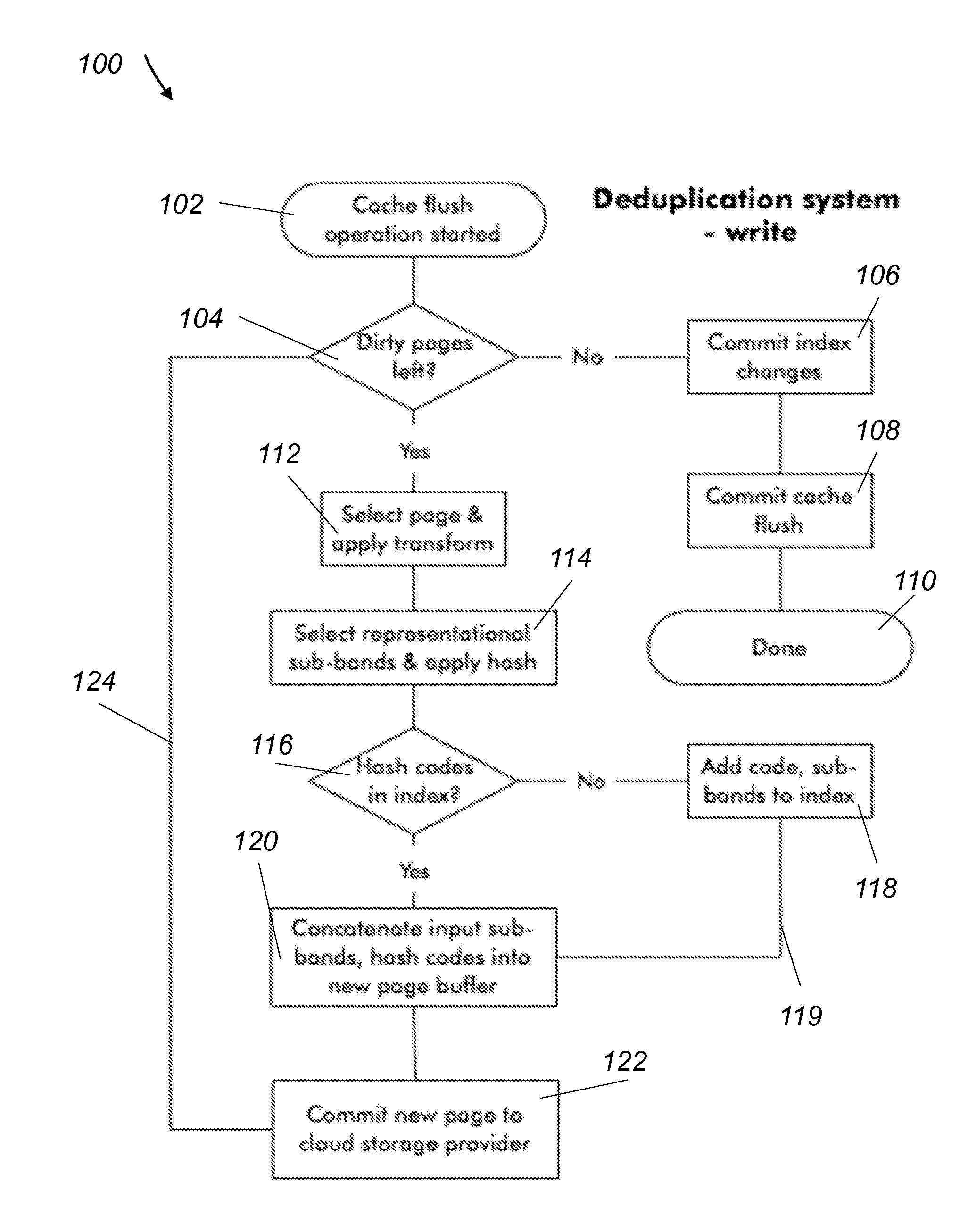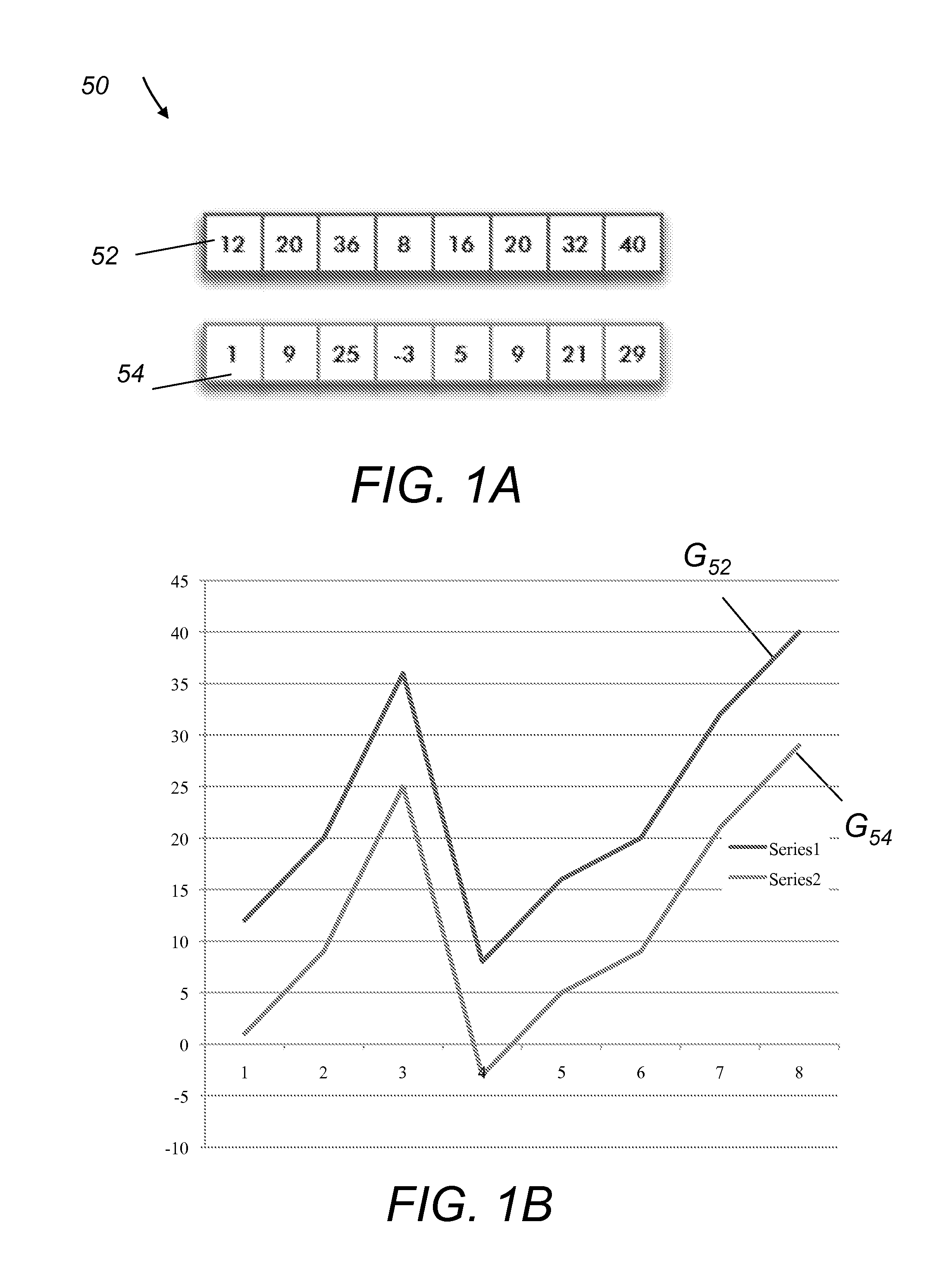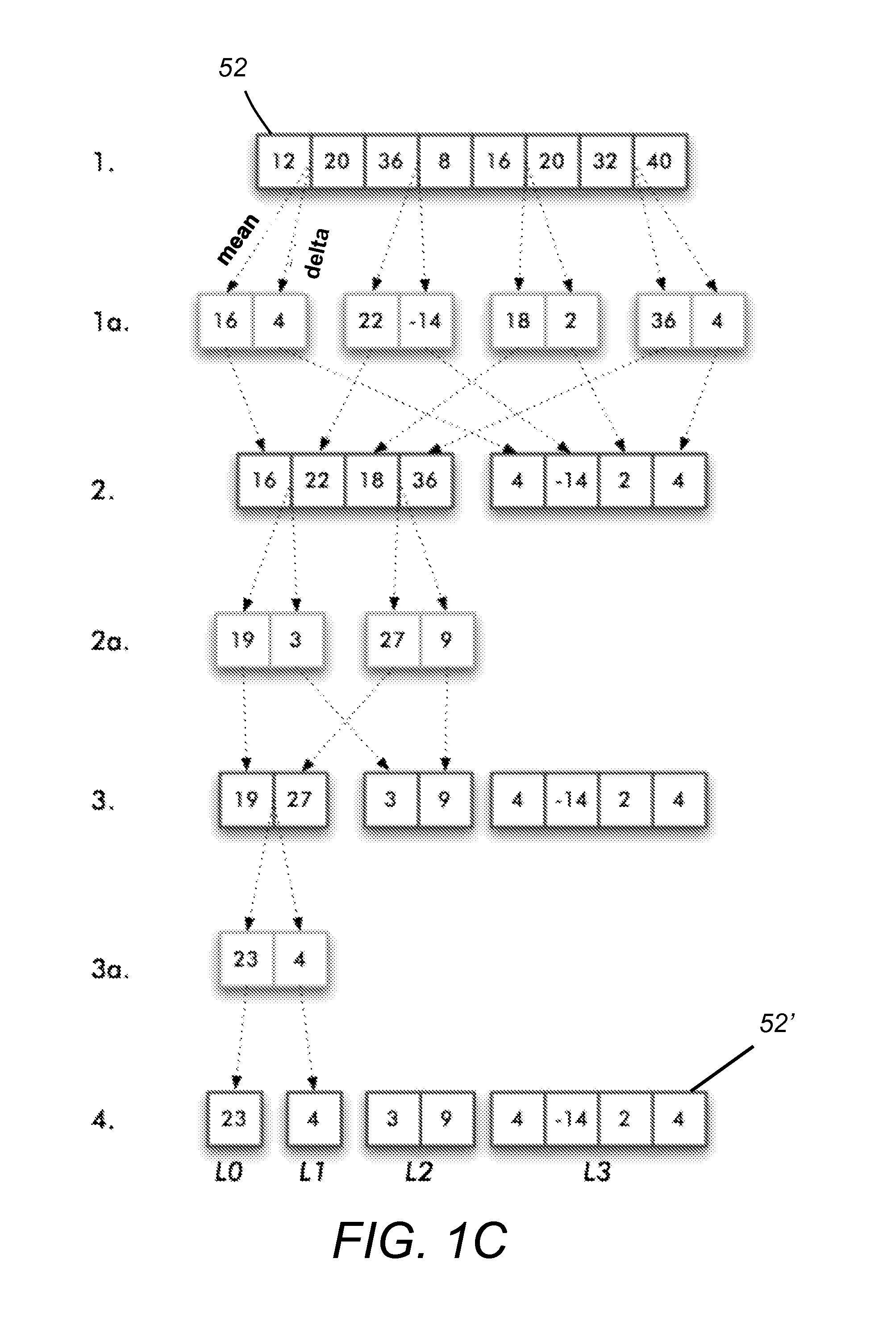System and method for data deduplication for disk storage subsystems
a data deduplication and disk storage technology, applied in the field of systems and methods for data deduplication, can solve the problems of indexing overhead, affecting the effectiveness of data reduction, and so as to reduce time and overall cost, the effect of reducing the amount of data
- Summary
- Abstract
- Description
- Claims
- Application Information
AI Technical Summary
Benefits of technology
Problems solved by technology
Method used
Image
Examples
Embodiment Construction
[0038]Typical deduplication systems work in one of two ways: on-line or off-line. In an on-line system, duplicate segments are identified and replaced when initial write request is sent to the system, and before the completion acknowledgement of the request is transmitted back to the sender. Clearly, that requires extra work during a write cycle, and it also requires that work be done during read request handling to reconstruct the original data. Depending on the user and application performance requirements, the deduplication overhead may or may not be acceptable.
[0039]Off-line deduplication is done at some point after the original data has been written to the system. Often, for example, recently accessed data is stored in a local cache, and deduplication activities are performed as data is read from the cache and written to the long-term storage (or vice-versa). Alternatively, deduplication may be performed by a centralized backup server which reads from a set of primary storage v...
PUM
 Login to View More
Login to View More Abstract
Description
Claims
Application Information
 Login to View More
Login to View More - R&D
- Intellectual Property
- Life Sciences
- Materials
- Tech Scout
- Unparalleled Data Quality
- Higher Quality Content
- 60% Fewer Hallucinations
Browse by: Latest US Patents, China's latest patents, Technical Efficacy Thesaurus, Application Domain, Technology Topic, Popular Technical Reports.
© 2025 PatSnap. All rights reserved.Legal|Privacy policy|Modern Slavery Act Transparency Statement|Sitemap|About US| Contact US: help@patsnap.com



